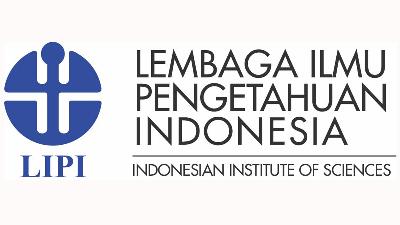Judgment Considerations Analysis On Case No. 2531K / PID SUS / 2018
Abstract
Keywords
Full Text:
PDFReferences
. Law No.1 of 1946 concerning the Criminal Code
. Law No.8 of 1981 concerning Criminal Procedure Law
. Law Number 8 of 2009 concerning judicial power
. Law No. 16 of 2004 concerning the Attorney General's Office
. Law No.31 of 1999 concerning Eradication of Corruption Crimes as amended by Law No. 20 of 2001
. Law No. 30 of 2002 on the Corruption Eradication Commission
. Law No.28 of 1999 concerning State Administration that is Clean and Free of Corruption, Collusion and Nepotism.
. Law No.30 of 2014 concerning Government Administration Presidential Regulation Number 54 of 2010 concerning Procurement of Goods or Services Government
. Law Number 17 of 2003 concerning State Finances
. Ade Mahmud. (2020). Return of Corruption Crime Actions with Progressive Legal Approach. Jakarta : Sinatr Grafika.
. H. Purwosusilo. (2017). Legal Aspects of Goods and Services Procurement. Jakarta : PT. Fajar Interpratama Mandiri.
. Muhammad Ainul Syamsul. (2016). Conviction and Two Basic Principles of Criminal Law. Depok : Prenadamedia Group.
. Alfitra. (2017). Law of Evidence. Jakarta : Propagator Swadaya Group.
. R. Subekti. (2018). Evidence law. Jakarta : PT. Balai Pustaka.
. Yoyok Ucuk Suyono. (2020). Criminal Law Aspects of Government Procurement of Goods and Services. Yogyakarta : LaksBang Justitia.
. Philipus M. Hadjon. (2012). Administrative Law and Corruption Crime. Yogyakarta : Gadjah mada University Press.
. Johnny Ibrahim. (2020). Normative and Empirical Law research methods. Jakarta.
. Sugiyono. (2019). Research methods. Bandung : Alfabeta publisher.
. Hotma p. Sibuea. (2010). Principles of State law, policy regulations and general principles of good governance. Jakarta : Publisher Erlangga.
. Sugiyono. (2019). Research methods. Bandung : Alfabeta publisher.
. Lilik Mulyadi. (2007). Corruption in Indonesia, Normative, Theoretical, Practices and Problems. Bandung : P.T. Alumnni.
. Zaenal Arifin. (2017). Corruption in the Procurement Process of Government Goods and Services. Responsive Legal Journal.
. Romli Atmasasmita. (2004). About Corruption Issues on National Aspects and International Aspects. Bandung : Mandar Maju.
. Nur Basuki Minarno. (2008). Abuse of authority and criminal acts of corruption. Laksbang mediatama.
. H.M. Rasyid Ariman. (2016). Criminal Law. East Java : Equivalent press.
Refbacks
- There are currently no refbacks.

This work is licensed under a Creative Commons Attribution 3.0 License.
Supported by :


 Indexed by :
Indexed by :




